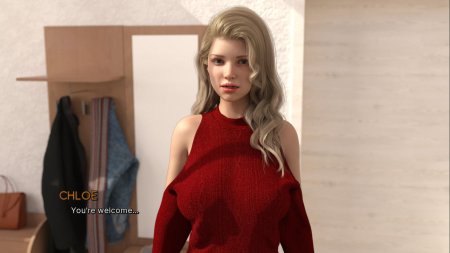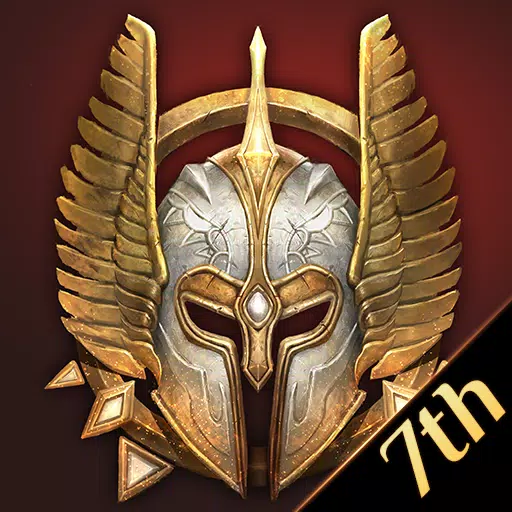Fortnite's Walking Dead Game: A Game Changer for Developers
The gaming industry has been facing significant challenges with layoffs, studio closures, and funding issues. Enrique Fuentes, CEO and co-founder of Teravision Games, felt the impact firsthand after launching Killer Klowns From Outer Space, an asymmetrical horror game inspired by the 80s film. Despite positive reception, including a 7/10 from IGN, which praised its silliness and entertainment value, Teravision struggled to secure a follow-up project.
"2024 was a tough year for the entire industry," Fuentes explained. "It was challenging for us to secure our next project." Despite collaborations with major brands like Disney, Nickelodeon, and Xbox, Teravision found itself in a bind. With time running out, the studio, boasting developers with 20 years of industry experience, turned to an innovative solution: developing games within Fortnite using Unreal Engine for Fortnite (UEFN). In less than a year, they released three UEFN games, with their fourth, Courtyard King, launching today. This game leverages the official The Walking Dead content pack in UEFN.
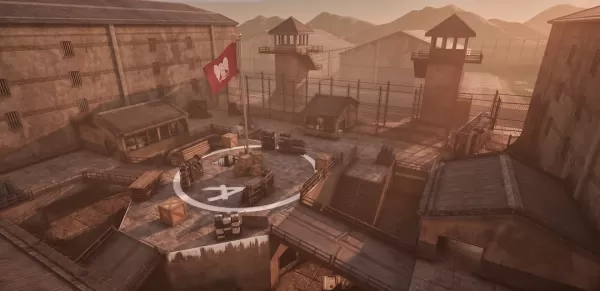 In partnership with Skybound, co-founded by The Walking Dead creator Robert Kirkman, Courtyard King is a King of the Hill-style multiplayer PvPvE game set in the iconic prison location from the series. Players battle each other and NPC zombies for control of the territory. The game utilizes official The Walking Dead assets, including character models of Rick Grimes, Negan, and Daryl Dixon, and features a storyline crafted with input from Skybound's writers.
In partnership with Skybound, co-founded by The Walking Dead creator Robert Kirkman, Courtyard King is a King of the Hill-style multiplayer PvPvE game set in the iconic prison location from the series. Players battle each other and NPC zombies for control of the territory. The game utilizes official The Walking Dead assets, including character models of Rick Grimes, Negan, and Daryl Dixon, and features a storyline crafted with input from Skybound's writers.
"Instead of multi-year projects like Killer Klowns From Outer Space, these are projects we can assemble in weeks or months," Fuentes noted. "We have worked with big brands before, and UEFN was something we were experimenting with, but we never imagined it would lead us to collaborate with a company like Skybound. User-generated content (UGC) is one of the biggest trends in gaming right now."
UGC is revolutionizing gaming, with platforms like Fortnite and Roblox leading the charge. While UGC traditionally involves players creating content, professional studios like Teravision are now leveraging these tools. Fortnite's Unreal Engine 5-based tools were particularly appealing to experienced developers like those at Teravision.
"It made sense for us because of our engineering background," Fuentes said. "It allowed us to experiment and manage risk. Instead of multi-year projects, these can be completed in weeks or months."
Teravision's experimentation led to the creation of Havoc Hotel, a roguelike shooter set in a hotel where players fight through levels, earning currency to upgrade their weapons. The first Havoc Hotel was a modest success, paving the way for Havoc Hotel 3, which is now one of Fortnite's most popular games.
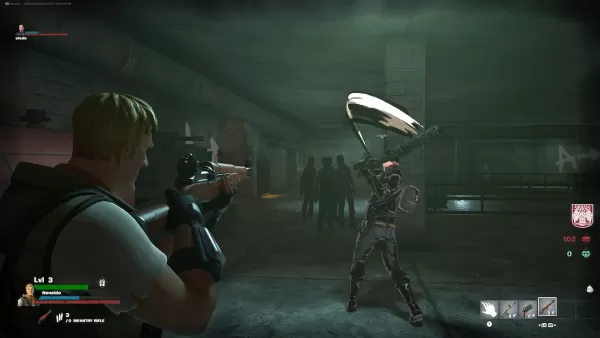 Martin Rodriguez, Teravision's game designer, explained that transitioning from Unreal Engine to UEFN was seamless for the team. "It's more streamlined, with a bit more of a 'drag and drop' approach," he said. "This removes some of the work we would have done otherwise, allowing us to focus on creating better games and exploring new creative ideas."
Martin Rodriguez, Teravision's game designer, explained that transitioning from Unreal Engine to UEFN was seamless for the team. "It's more streamlined, with a bit more of a 'drag and drop' approach," he said. "This removes some of the work we would have done otherwise, allowing us to focus on creating better games and exploring new creative ideas."
While the engineering team adapted easily to UEFN's tools, the game design team faced unique challenges. Games like Havoc Hotel started as experiments but evolved into standalone titles. LD Zambrano, Teravision's creative director, highlighted the differences between UEFN games and traditional games.
"In traditional games, players engage through objectives that foster cooperation and competition," Zambrano said. "In UEFN, we've found that many popular experiences are more about context. They involve weird situations and interactions that don't necessarily translate into clear competition but still work."
Zambrano likened UEFN games to playground games. "It brings me back to recess, where you meet someone and make up a game that might not make sense but still engages and fosters friendships. That's what I mean by these games being a 'context.'"
One distinctive feature of Courtyard King is that it is an infinite game with no final winner. Matches continue indefinitely, with players able to join or leave at any time and even switch teams. This dynamic can lead to betrayals, adding a Walking Dead-like twist to the gameplay.
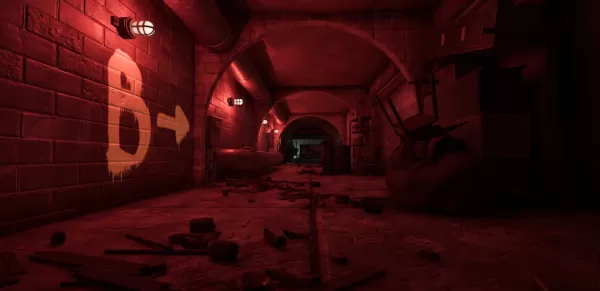 "Players can drop in and out whenever they want and even change teams, which can lead to betrayals. You might enter with a friend, but then switch teams mid-match without telling them, which is very Walking Dead-like," Zambrano added.
"Players can drop in and out whenever they want and even change teams, which can lead to betrayals. You might enter with a friend, but then switch teams mid-match without telling them, which is very Walking Dead-like," Zambrano added.
For game developers, UEFN represents a promising future. While it places them in the sandbox of larger entities like Epic Games or Roblox, it offers a way to experiment without exhausting resources. Access to a large player base and big IP assets like The Walking Dead adds significant value.
"We can now assume the risk as an indie developer in UEFN," Fuentes said. "Last year, starting a three-year project was unthinkable. Now, we can create something in weeks with a smaller team, completely changing the paradigm for new developers. This is a viable model that can support an 80-person studio like ours, and we can manage the risk. For indie developers, this is a dream come true."
- 1 Roblox Forsaken Characters Tier List 2025 Feb 14,2025
- 2 Pokemon Go’s first Community Day of 2025 will feature Sprigaito Jan 05,2025
- 3 Marvel Rivals' Controversial Hitbox System Draws Attention Feb 11,2025
- 4 How To Find and Beat the Storm King in LEGO Fortnite Jan 05,2025
- 5 Watcher of Realms Is Dropping New Heroes and Skins This Thanksgiving and Black Friday! Dec 30,2024
- 6 Holiday Thief Arrives in Seekers Notes Dec 26,2024
- 7 Goddess Of Victory: Nikke Is Dropping a New Year’s Update and Collabs with Evangelion and Stellar Blade Soon Jan 04,2025
- 8 Jujutsu Kaisen Phantom Parade: Tier List Update for 2024 Dec 28,2024
-
Mastering the Art of Digital Tools
A total of 10
-
Hidden Gems: Unexpectedly Useful Other Apps
A total of 10
-
Ultimate Strategy Gaming Experience on Android
A total of 10







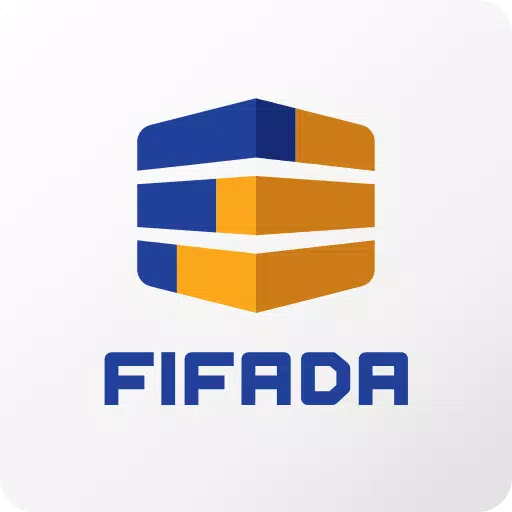


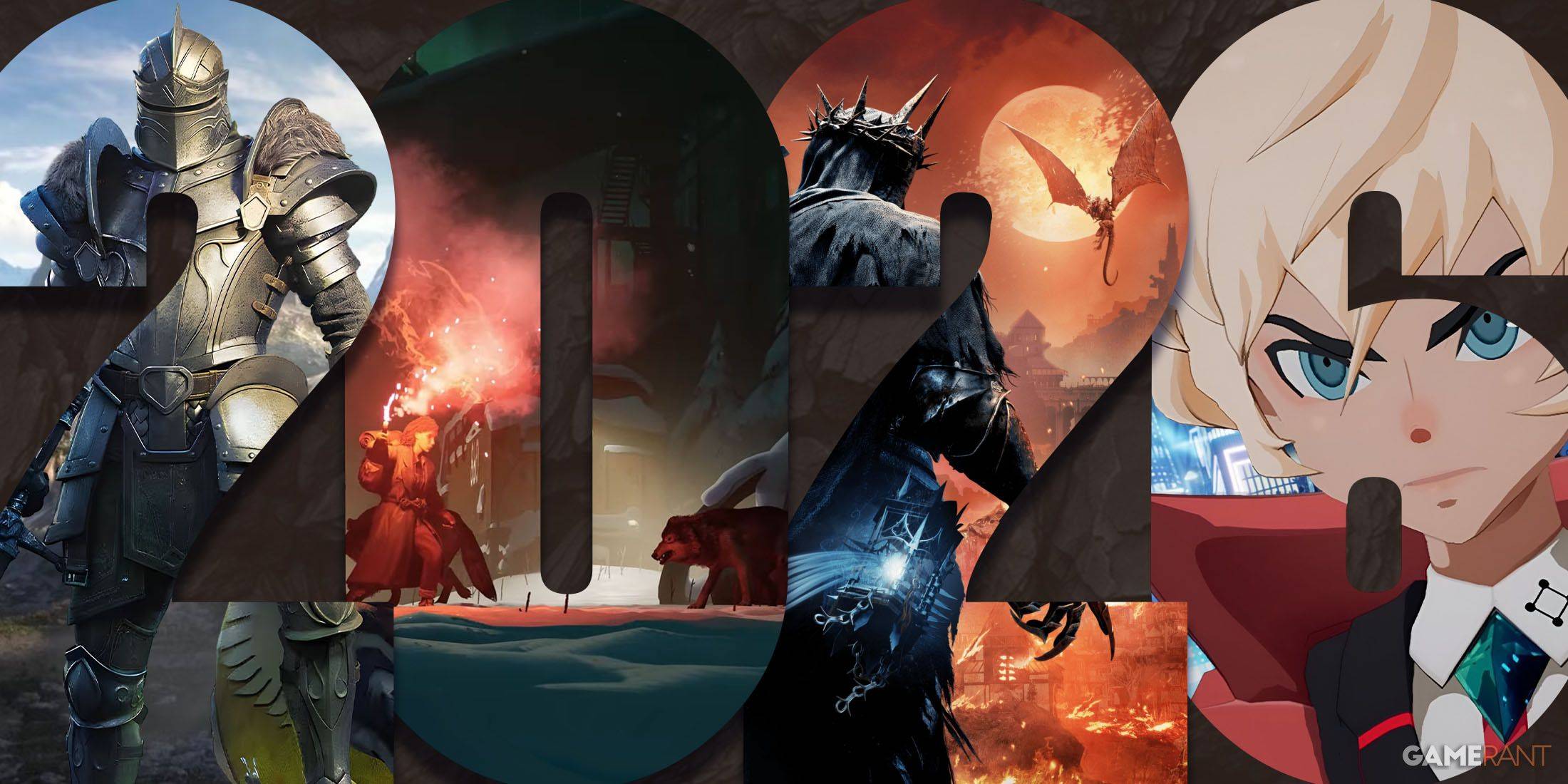
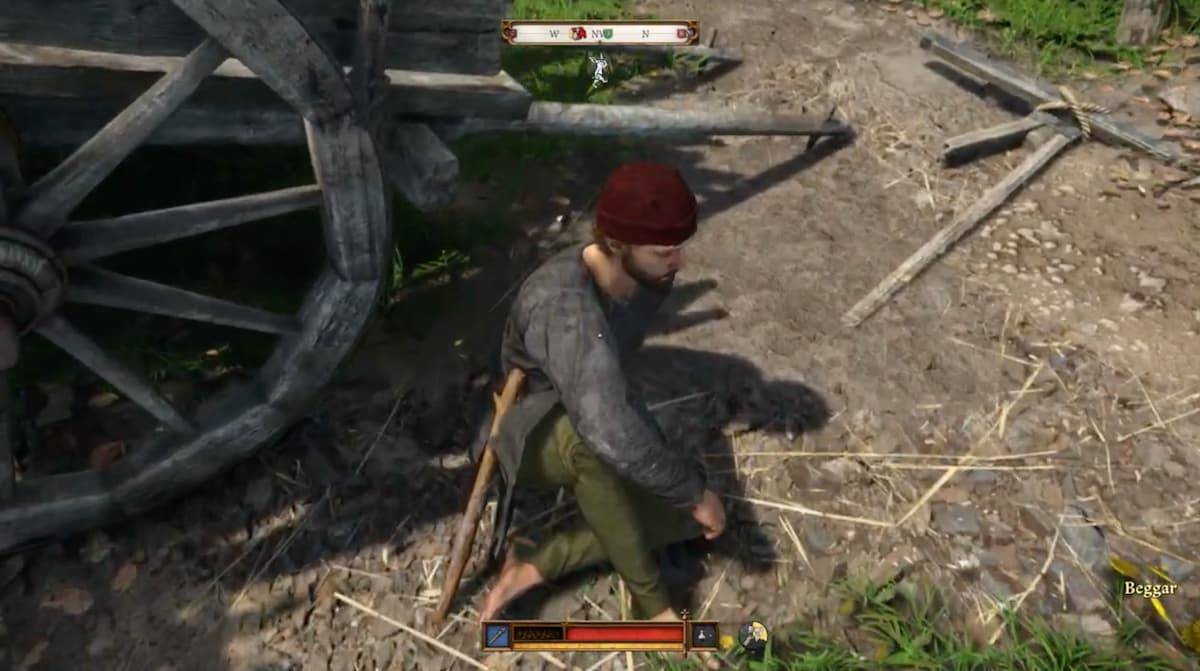
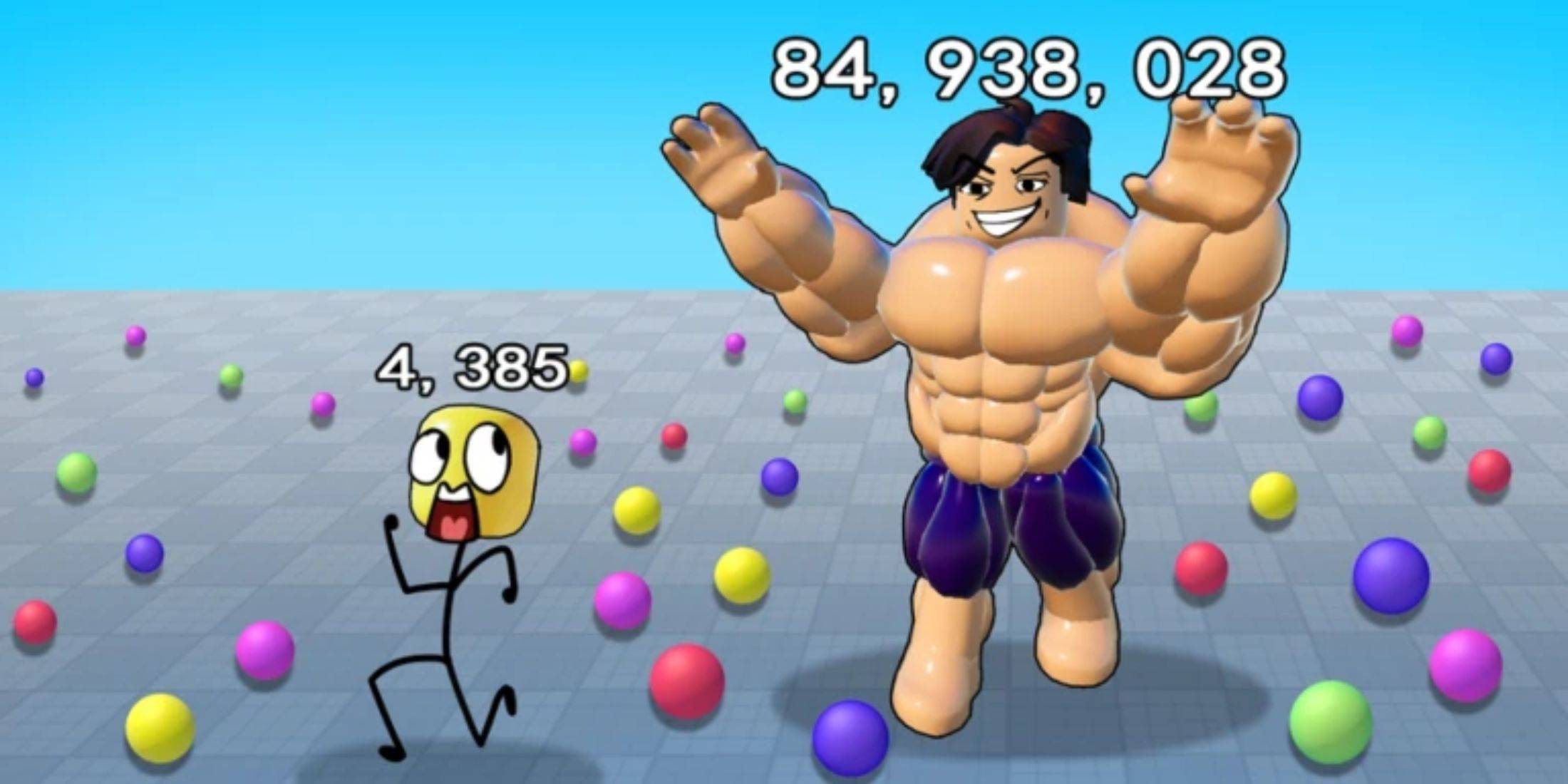
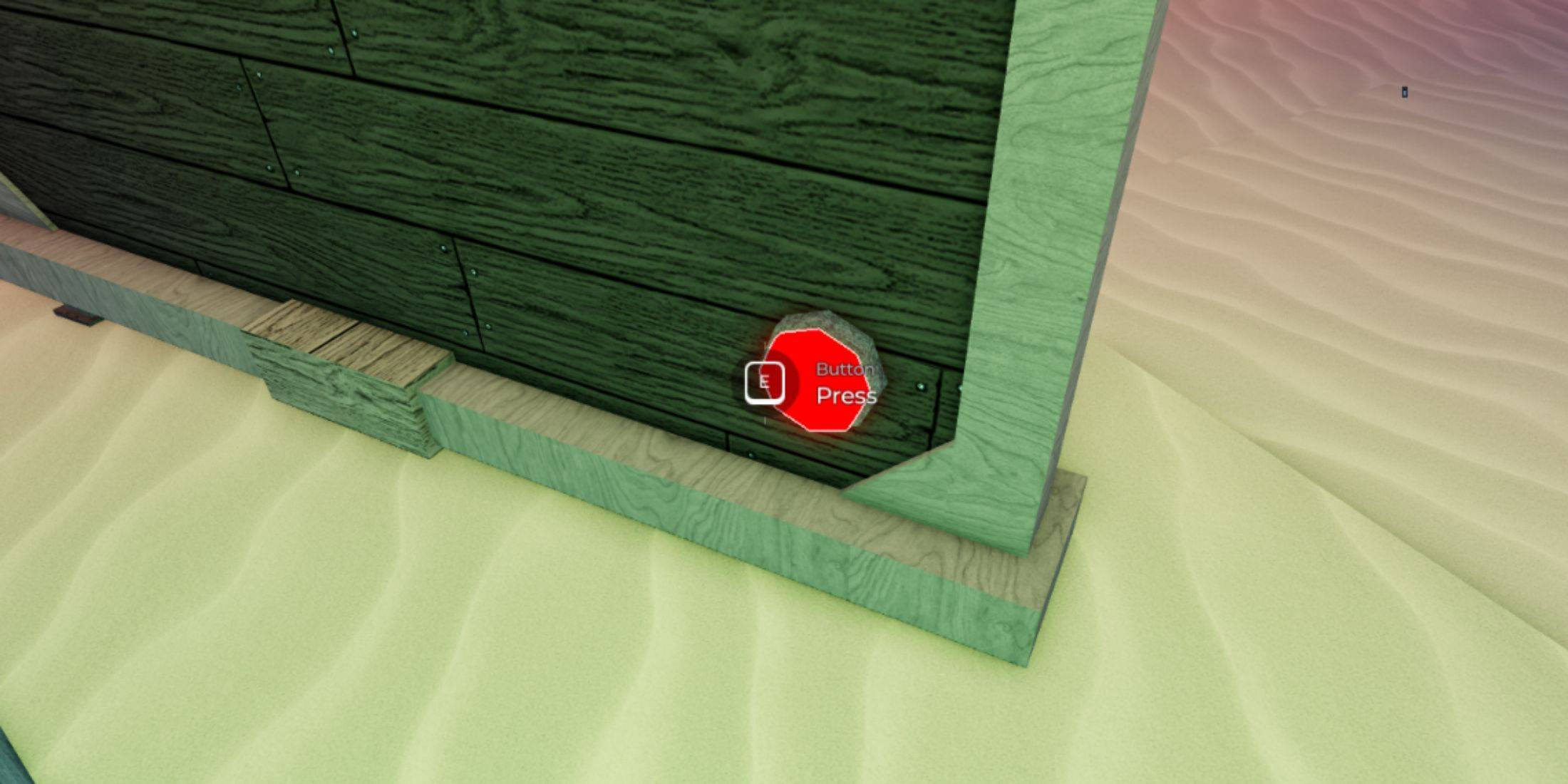

![LeMOMnade: Family Squeeze! – Version 1.1.1 [mtrellex]](https://img.3xbz.com/uploads/38/1719569762667e8d62c486e.jpg)

![My Cute Roommate 2 – New Version 1.0 Extra [Astaros3D]](https://img.3xbz.com/uploads/38/1719606486667f1cd652f1a.jpg)
